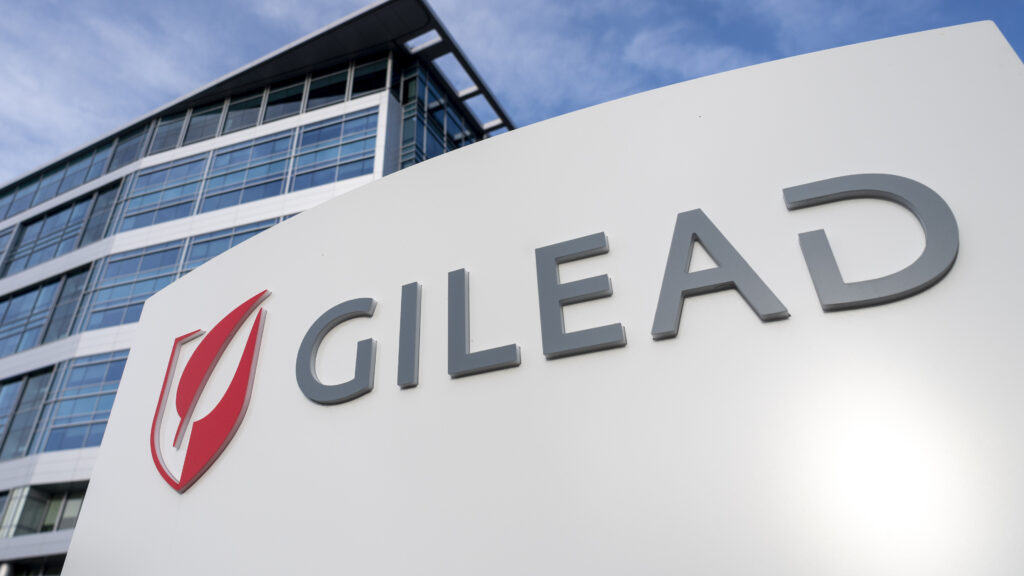Gilead Sciences agreed in principle to pay $40 million to more than 2,600 people living with HIV who claimed the company boosted profits by marketing an HIV drug without disclosing harmful side effects while delaying development of a safer alternative treatment.
The agreement caps a dispute that cast a harsh spotlight on a strategy that Gilead allegedly used to maximize revenues and extend the life span of a best-selling product, but at the expense of patients. For its part, the company issued a statement in which it did not admit wrongdoing and continued to maintain it has “never stopped working to improve the lives of people with HIV.”
advertisement
Here is the backstory: In 2001, Gilead won U.S. regulatory approval to market Viread, the first of several HIV medicines that were based on a key component known as tenofovir disoproxil fumarate, or TDF. Although effective, there was a catch: TDF is not well absorbed by the body, so a relatively large dose is needed. But long-term use of a large dose can be toxic to the kidneys or cause loss of bone mass.
STAT+ Exclusive Story
Already have an account? Log in

Get unlimited access to award-winning journalism and exclusive events.


